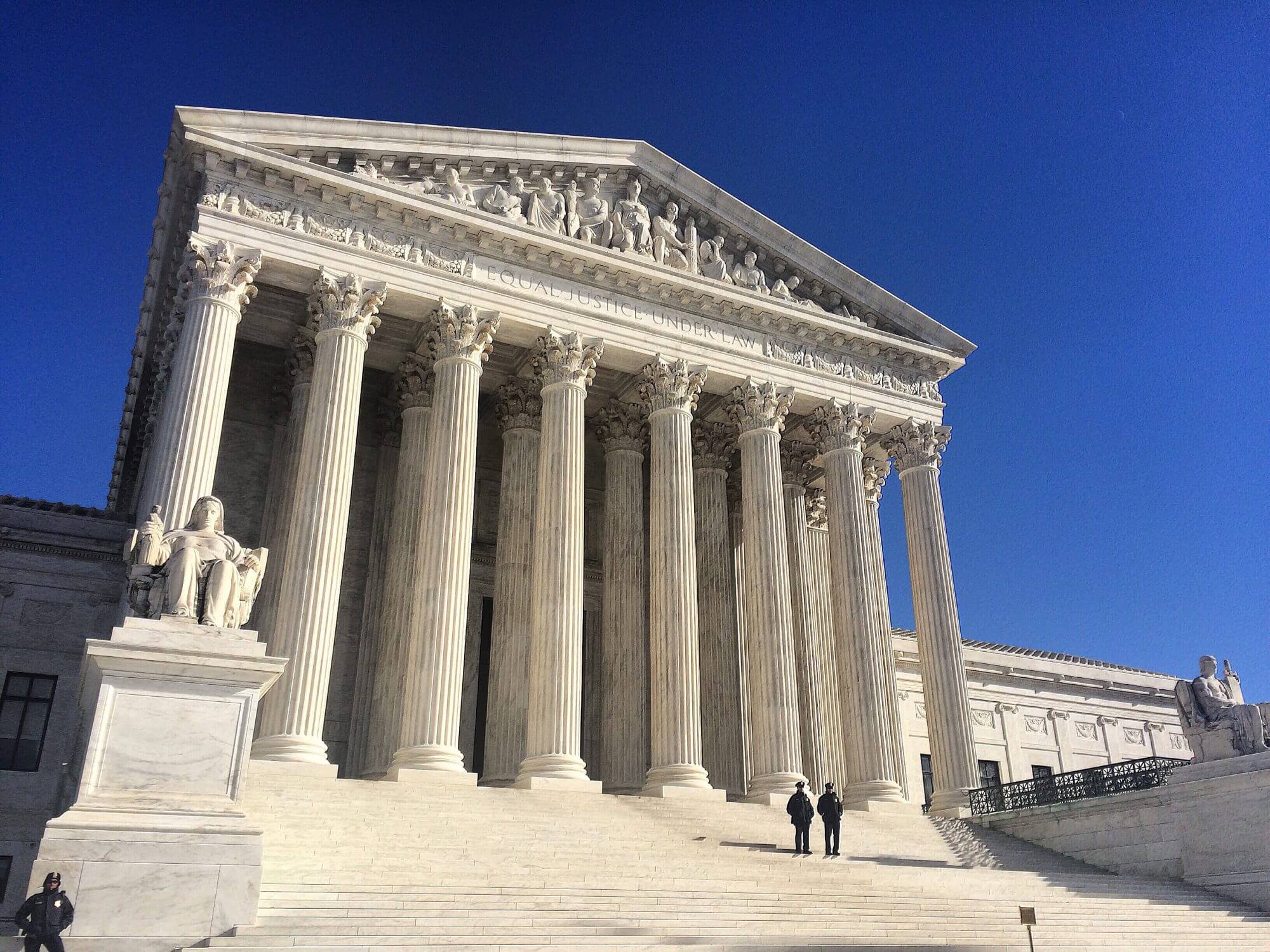WASHINGTON — Lawyers told the Supreme Court on Wednesday that Puerto Rico should be allowed to prosecute criminals under the dual sovereignty doctrine rather than leaving conviction decisions up to federal courts — an argument that could have major implications for the legal status of Puerto Rico, the most populous of American territories.
Puerto Rico v. Sanchez Valle began as a case in the Puerto Rican territorial court, where two men, Luis Sanchez Valle and James Gomez Vasquez, were indicted for selling firearms without permit under Puerto Rican law. They also were charged with violating a federal law and pleaded guilty in federal court, which would have meant less prison time than if they were convicted under Puerto Rican law.
The case sparked a debate over the legal powers Puerto Rico holds as a territory under the double jeopardy clause of the Fifth Amendment.
Christopher Landau, representing Puerto Rico, said Congress relinquished control of the internal affairs of the island in 1952 when Puerto Rico adopted its own constitution with congressional approval. That would mean Puerto Rico should be considered a separate sovereign from the United States and be allowed to prosecute criminals under the dual sovereignty doctrine, he said.
However, lawyer Adam G. Unikowsky, representing Sanchez Valle’s and Gomez Vasquez’s interests, said Puerto Rico should not be considered sovereign in double jeopardy cases because territories are not sovereign. Only states and Native American tribes – which under the Constitution have sovereignty — are given that power.
In his argument, Unikowsky said he doesn’t believe Congress has given Puerto Rico the amount of power states have — so the territory can’t set its own parameters of self-government, since that would be a form of sovereignty. Thus, the Puerto Rican commonwealth does not have the power to prosecute suspected criminals that have already been tried by a federal court. That means, he said, Puerto Rico couldn’t apply the dual sovereignty doctrine and convict Sanchez Valle and Gomez Vasquez under its own law.
Justice Elena Kagan said it seems as though Puerto Rico would like to be a sovereign state. Unikowsky responded by saying Congress already gave Puerto Rico a significant amount of power in the 1950s, setting it apart from other U.S. territories such as Guam and the Virgin Islands.
“This case does raise a lot of important questions,” said Nicole Saharsky, a supporting respondent for the United States on the Unikowsky side.
If Puerto Ricans want to change the island’s constitutionality and gain more sovereignty they could petition Congress. Saharsky said.
Should Puerto Rico gain more sovereignty down the road, the case would be a starting point for changes related to the island’s congressional representation, federal benefits, income taxes, bankruptcy and defense, U.S. Solicitor General Donald B. Verrilli said in a brief arguing against Puerto Rico’s sovereignty.

